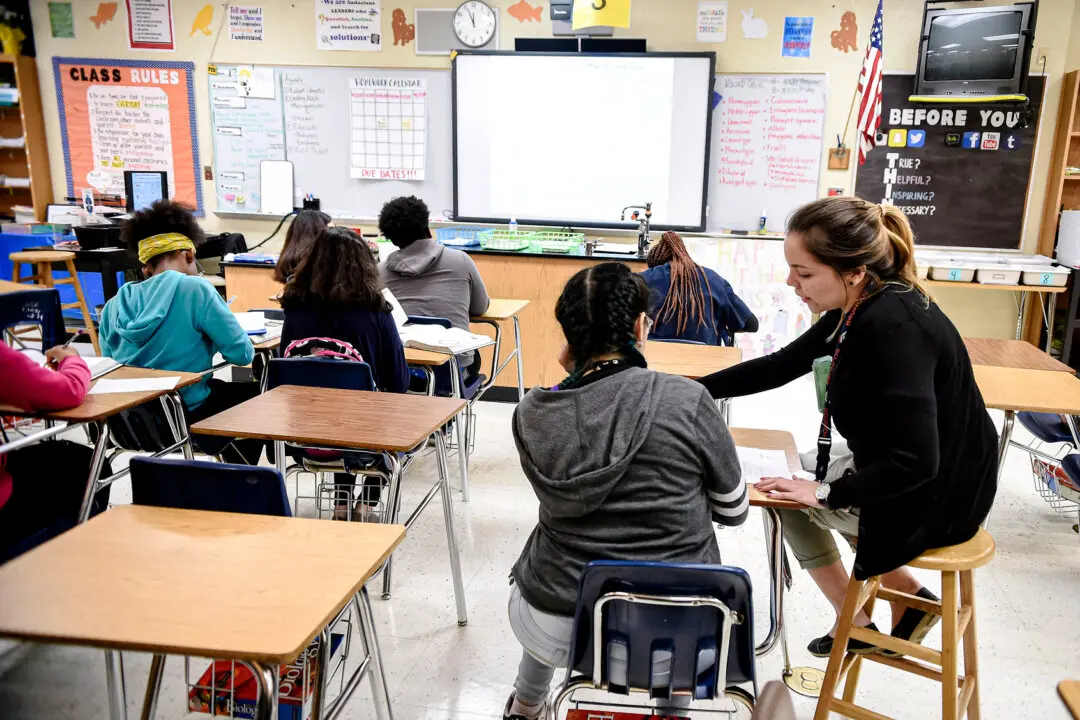All students can learn. This should be a basic maxim for every teacher.
The last thing any good teacher does is write students off before giving them a fair opportunity to learn. All students, regardless of their race, gender, sexual orientation, or religion, deserve a quality education.





